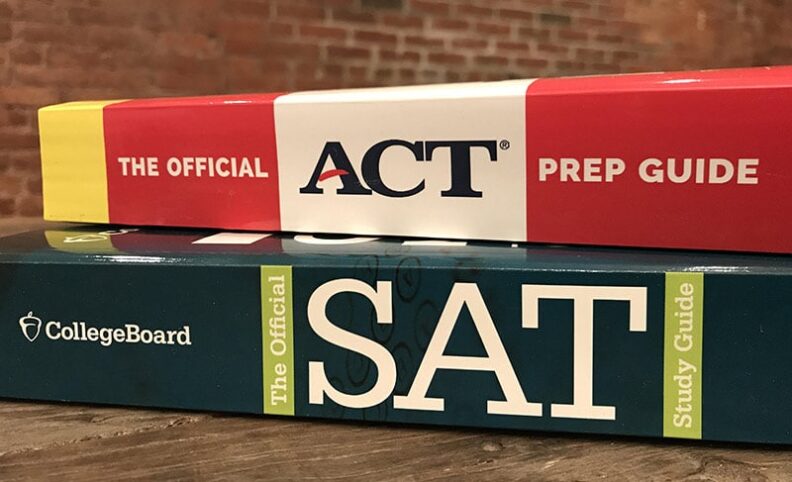How Your SAT/ACT Score Really Affects College Admissions (and Scholarships!)
Are you confused about whether SAT or ACT scores still matter? With shifting college admissions policies, it’s understandable why parents and students often wonder if standardized tests are worth the stress. Here’s the simple truth: despite recent changes, these scores can still significantly impact your child’s admissions chances and scholarship opportunities.
Do Colleges Still Care About SAT/ACT Scores?
Colleges across the country approach standardized tests differently:
- Test-Optional: Schools like Bowdoin College and Bucknell University let students decide if they want to submit scores. Other institutions, such as the University of Denver and the University of Chicago, also offer flexible admissions options that do not require standardized test scores.
- Test-Required: Institutions like Florida’s public universities still require SAT or ACT scores for admission.
- Test-Blind: The University of California system no longer considers SAT/ACT scores in its admission process, even if submitted.

Understanding these policies can help you decide whether investing time in test preparation makes sense for your child. In fact, more than 80% of U.S. four-year institutions are test-optional for Fall 2025. But what does test-optional really mean?
Why SAT/ACT Scores Still Matter
Standardized test scores are only one piece of the college admissions puzzle, but they remain influential, especially at competitive schools. Admissions committees consider various factors, such as:
- GPA and class rank
- Course rigor (AP, IB, Honors)
- Extracurricular activities and leadership roles
- Letters of recommendation
- Personal essays
Even with these considerations, a strong SAT or ACT score can significantly enhance your child’s application, providing a competitive edge over similarly qualified applicants. They also demonstrate a student’s readiness to handle college-level work, giving admissions officers additional confidence in their ability to succeed.
Scholarships and Financial Benefits

The financial impact of a high SAT or ACT score can be considerable. Many colleges offer automatic merit-based scholarships to students meeting specific GPA and test-score thresholds. For example:
- At the University of Tennessee, a student with a 26 ACT might gain admission without scholarships. However, if that student improves their score to a 32 ACT, they automatically qualify for a renewable $13,000 annual scholarship, totaling $52,000 over four years.
Other school examples include Miami University of Ohio, Arizona State University, the University of Alabama, and the University of Missouri (Mizzou), all of which offer significant scholarships based on standardized test performance.
Top-tier universities, like the University of Notre Dame and the University of Chicago, also offer merit scholarships to students with exceptional SAT or ACT scores. Simply put, better scores can translate into significant financial savings.
Taking the Next Step
Improving SAT or ACT scores not only opens up more admissions options, but can also lead to meaningful financial aid through merit scholarships. With the right support, students can feel more confident in both the testing process and their overall college planning journey.
At Jamie the Scholar, students receive expert SAT/ACT tutoring designed around their unique strengths and challenges. And with guidance from experts like Jackie Postelnick at Conscious College Planning, families can craft thoughtful, well-matched college lists that set the stage for long-term success.
When tutoring and planning work together, students thrive—and their college applications show it.


